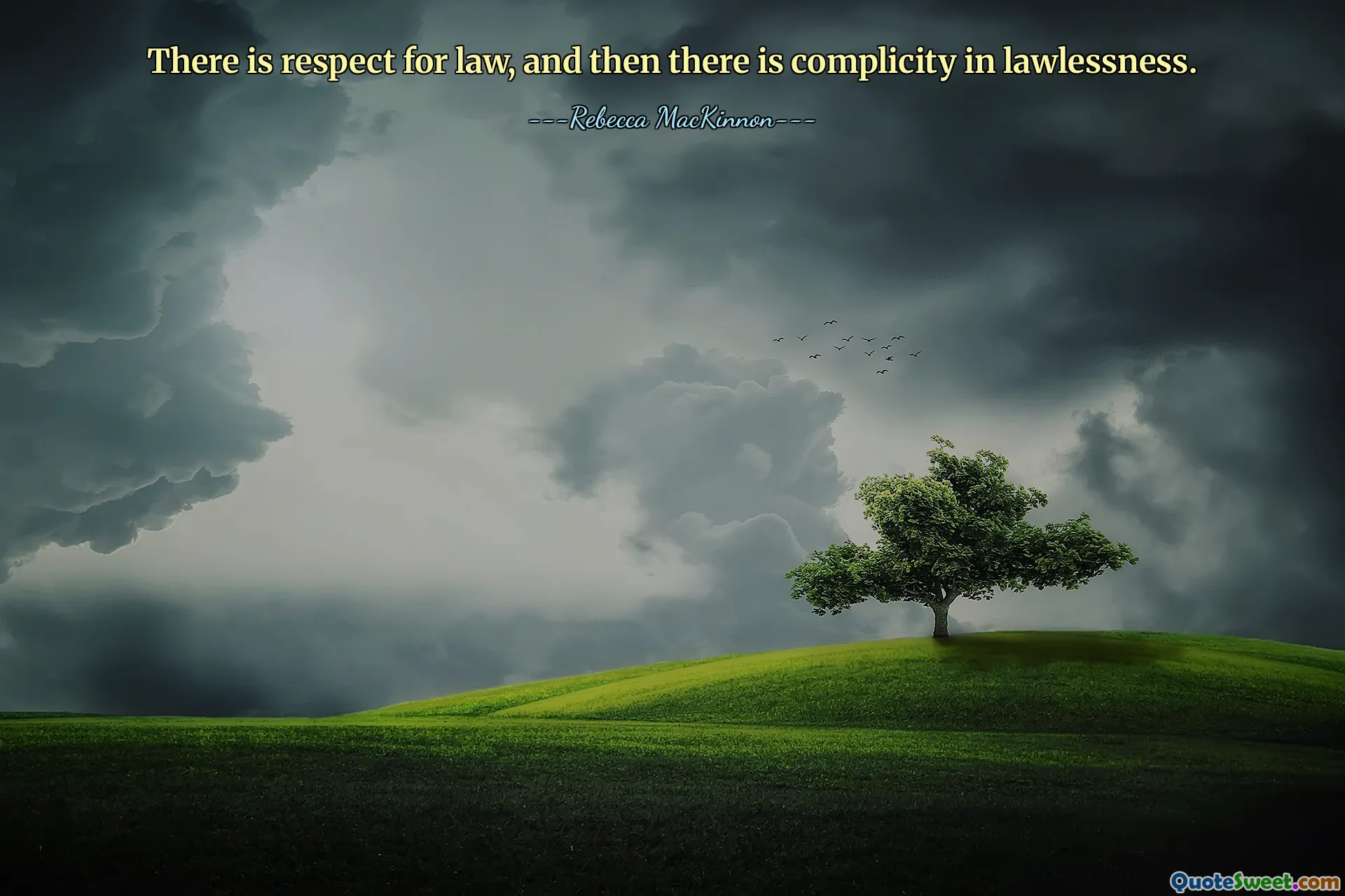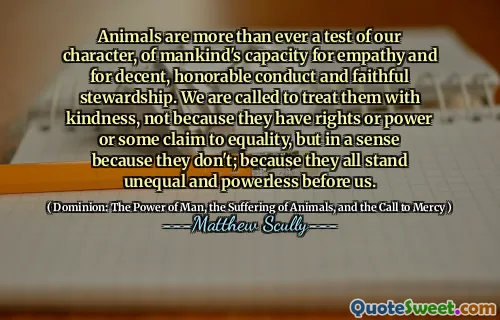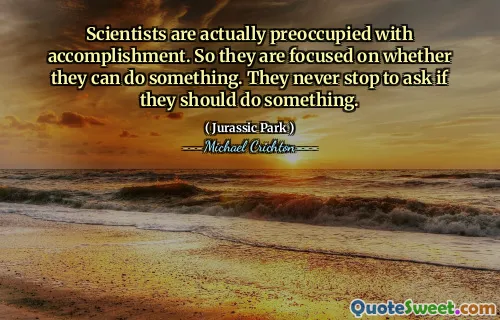
There is respect for law, and then there is complicity in lawlessness.
This quote highlights the delicate balance and sometimes conflicting relationship between respecting legal structures and actively participating in or enabling unlawful actions. Respecting the law is fundamental to maintaining social order, ensuring fairness, and protecting individual rights. However, when individuals or institutions choose to turn a blind eye to illegal activities or tacitly support them, they cross into complicity. This complicity can undermine the very fabric of justice and democracy because it effectively condones behavior that should be morally and legally condemned.
In a societal context, the difference between respectful adherence to laws and silent complicity is subtle but critical. Respect for law involves adherence and compliance, guided by principles of justice and equity. Conversely, complicity often stems from passive agreement, fear, or selfish interests that allow illegitimate acts to persist unchecked. Such attitudes can perpetuate corruption, abuse of power, and social injustices, ultimately eroding public trust in legal institutions.
This quote prompts reflection on the responsibilities of individuals and institutions within our societal framework. It urges us to consider whether our actions—or inactions—are contributing to the sustenance of lawful order or inadvertently endorsing misconduct. Vigilance, integrity, and moral courage are necessary to distinguish between rightful respect for legal systems and tacit complicity in their failure or misuse. Recognizing this distinction is essential for fostering a culture of accountability and meaningful justice.
Ultimately, the quote calls for an active stance against lawlessness, emphasizing that true respect for the law involves standing against injustice rather than passively accepting or ignoring it.







